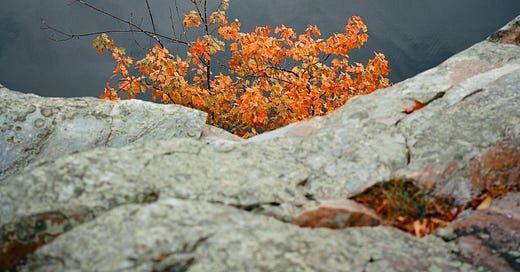When we first published this conversation between Amirio Freeman and Rev. Lennox Yearwood Jr. in our 2022 magazine, Black & Native Attention as Miracle, many readers shared how meaningful it was to explore faith in the context of environmental justice.
Keep reading with a 7-day free trial
Subscribe to Loam to keep reading this post and get 7 days of free access to the full post archives.



